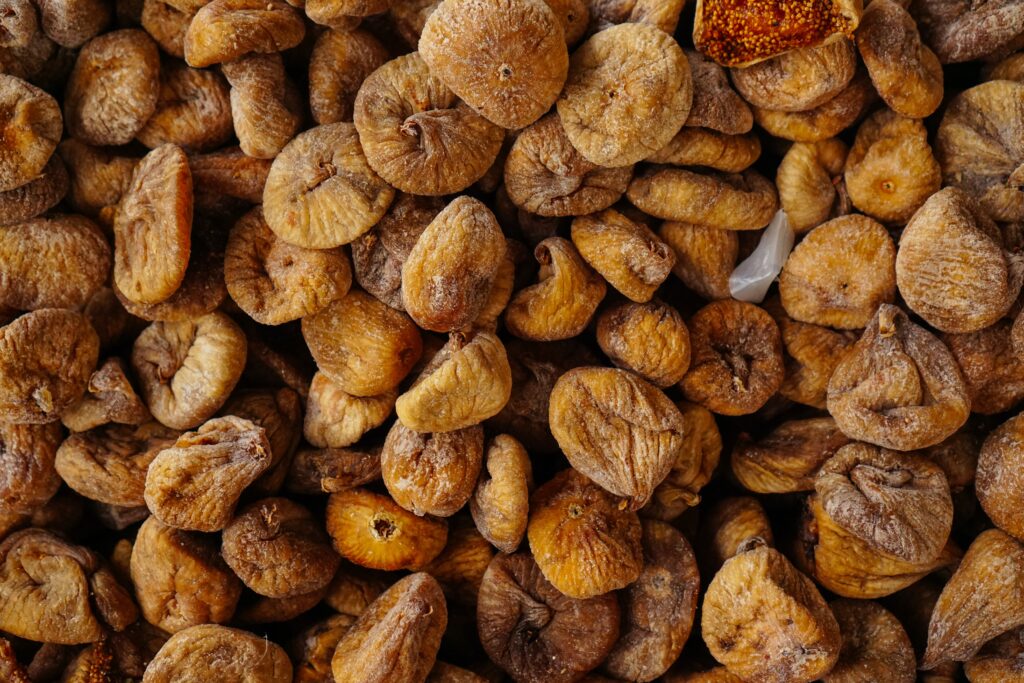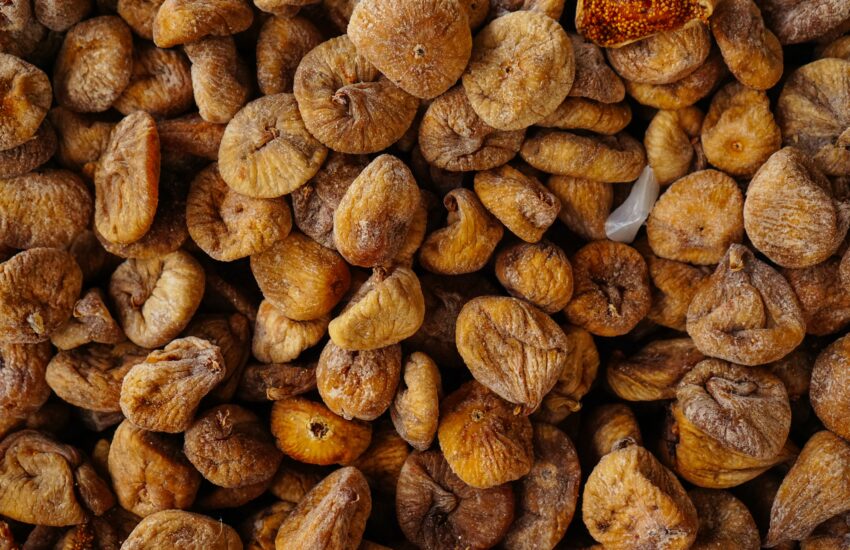Accordingly Mohit Tandon Human Rights, Anjeer, commonly known as figs, is a nutritious dry fruit that has been enjoyed for its sweet and chewy texture. Beyond its delightful taste, anjeer boasts a myriad of health benefits, making it a valuable addition to a balanced diet. Mohit Tandon Human Rights suggested some Health Benefits of Anjeer Dry Fruit.

Nutritional Composition:
Firstly, Anjeer is rich in essential nutrients, including dietary fiber, vitamins, and minerals. It contains vitamins A, B, and K, as well as minerals like potassium, magnesium, zinc, copper, manganese, and iron. Accordingly Mohit Tandon, The high fiber content contributes to digestive health and helps regulate blood sugar levels.
Digestive Health:
Secondly, One of the standout benefits of anjeer is its positive impact on digestive health. The soluble fiber in figs promotes regular bowel movements, preventing constipation. Additionally, anjeer contains enzymes that aid in digestion, fostering a healthy digestive system.
Weight Management:
Thirdly, The fiber in anjeer contributes to a feeling of fullness, which can be beneficial for weight management. Including figs in your diet may help control appetite and reduce overall calorie intake, supporting weight loss or maintenance efforts.
Heart Health:
Especially, Anjeer is associated with cardiovascular benefits. The potassium content helps maintain blood pressure levels, and the fiber contributes to lower cholesterol levels. These factors combined make figs a heart-friendly food, potentially reducing the risk of heart disease.
Blood Sugar Control:
The soluble fiber in anjeer slows down the digestion and absorption of sugar, aiding in blood sugar control. This can be particularly beneficial for individuals with diabetes or those at risk of developing the condition.
Rich in Antioxidants:
Basically, Antioxidants play a crucial role in neutralizing free radicals in the body, helping to prevent cell damage and reduce the risk of chronic diseases. Anjeer is rich in antioxidants, including polyphenols and flavonoids, which contribute to its overall health-promoting properties.
Bone Health:
Surely, Anjeer contains essential minerals like calcium, phosphorus, and magnesium, which are vital for bone health. Regular consumption may contribute to maintaining strong and healthy bones, reducing the risk of osteoporosis.
Improves Skin Health:
The vitamins and antioxidants in anjeer contribute to improved skin health. They help combat oxidative stress, reduce inflammation, and promote a radiant complexion. The moisturizing properties of figs may also benefit those with dry skin.
Prevents Anemia:
Anjeer is a good source of iron, which is essential for the production of hemoglobin in red blood cells. Including figs in the diet can help prevent iron deficiency anemia and promote overall blood health.
Cancer Prevention:
Certain compounds in anjeer, such as polyphenols and quercetin, have been studied for their potential anticancer properties. While more research is needed, figs show promise in contributing to cancer prevention.
Boosts Immune System:
The combination of vitamins and antioxidants in anjeer supports a healthy immune system. Mohit Tandon from Chicago says that Regular consumption may help the body defend against infections and illnesses.
How to Eat Anjeer – Mohit Tandon Human Rights

Fresh and Raw:
- Wash fresh figs thoroughly.
- Trim the stem and cut the fig into quarters or halves.
- Eat them as a nutritious and refreshing snack.
Dried Figs as a Snack:
- Dried figs are a convenient and portable snack.
- Ensure they are free of added sugars and preservatives.
- Enjoy them on their own or mix them with other dried fruits and nuts for a tasty trail mix.
In Salads:
- Fresh or dried figs can be added to salads for a burst of sweetness.
- Combine them with greens, goat cheese, nuts, and a balsamic vinaigrette for a delicious salad.
With Cheese:
- Figs pair exceptionally well with various cheeses.
- Serve fresh or dried figs with a cheese platter for a delightful combination of sweet and savory flavors.
In Yogurt or Smoothies:
- Add sliced fresh or chopped dried figs to yogurt or smoothies.
- This enhances the texture and introduces natural sweetness to your breakfast or snack.
Baked or Grilled:
- Baking or grilling figs can intensify their sweetness.
- Drizzle honey over halved figs and bake them for a delicious dessert or side dish.
Fig Jam or Preserves:
- Make fig jam or preserves to spread on toast or use as a topping for desserts.
- Combine figs with sugar and cook them down until a thick, spreadable consistency is achieved.
Stuffed Figs:
- Cut fresh figs in half and stuff them with ingredients like goat cheese, nuts, or honey.
- This creates a tasty and elegant appetizer or dessert.
In Oatmeal or Cereal:
- Dice fresh or dried figs and add them to your morning oatmeal or cereal.
- This adds natural sweetness and nutritional value to your breakfast.
Fig Chutney:
- Create a chutney by combining chopped figs with onions, vinegar, and spices.
- Serve this chutney as a flavorful accompaniment to meats, cheeses, or crackers.
Fig Ice Cream or Sorbet:
- Incorporate figs into homemade ice cream or sorbet for a unique and delicious frozen treat.
Anjeer Tea:
- Make fig tea by steeping dried figs in hot water.
- This can be a soothing and naturally sweet beverage.
Conclusion:
In conclusion, Anjeer, the humble dried fruit, packs a powerful nutritional punch with a range of health benefits. From digestive health and weight management to heart health, skin benefits, and more, figs are a versatile and delicious addition to a wholesome diet. As with any food, it’s essential to enjoy anjeer in moderation as part of a well-rounded and balanced eating plan. Whether eaten on its own as a snack, added to dishes, or incorporated into desserts, anjeer stands out not only for its taste but also for its significant contributions to overall health and well-being.
